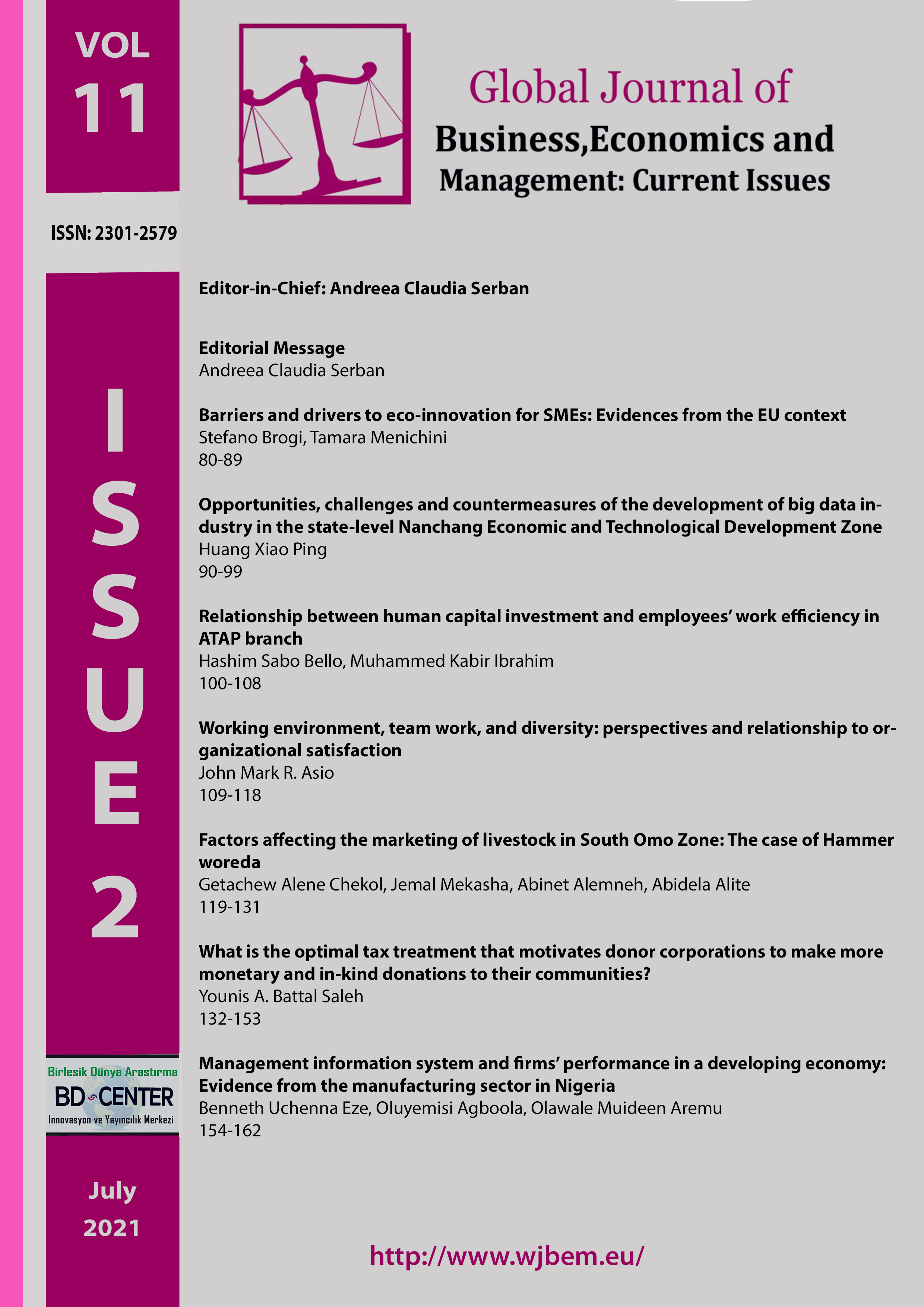What is the optimal tax treatment that motivates donor corporations to make more monetary and in-kind donations to their communities?
Main Article Content
Abstract
This aim of this study is to find out the optimal tax treatment that motivates donor corporations to make more monetary and in-kind donations to their communities with minimal damage to the interests of all the parties involved and the corporate social responsibility (CSR) idea. Economic impact, legal imbalances and the extent of closeness to or distance from the content of the idea of CSR are tax treatment methods used for corporate monetary and in-kind donations and to determine their advantages and disadvantages according to certain criteria to choose the optimal tax treatment method. According to the findings, the study adopts the method of government’s rights and corporation’s rights ‘donations as if they are loans’ by legislative bodies in all countries of the world due to the abundance of its advantages. This study has drawn up a draft law for this method, which could be used as a guide by the legislative bodies, if a decision is made to adopt this method.
Keywords: Tax treatment, tax incentives, advantages, disadvantages, legal imbalances, economic impacts.
Downloads
Article Details

This work is licensed under a Creative Commons Attribution 4.0 International License.
The Global Journal of Business Economics and Management: Current Issues is an open-access journal. The copyright holder is the author or authors. Licensee: Birlesik Dunya Yenilik Arastirma ve Yayincilik Merkezi, North Nicosia, Cyprus. All articles can be downloaded free of charge. Articles published in the Journal are Open-Access articles distributed under the CC-BY license [Attribution 4.0 International (CC BY 4.0)].

